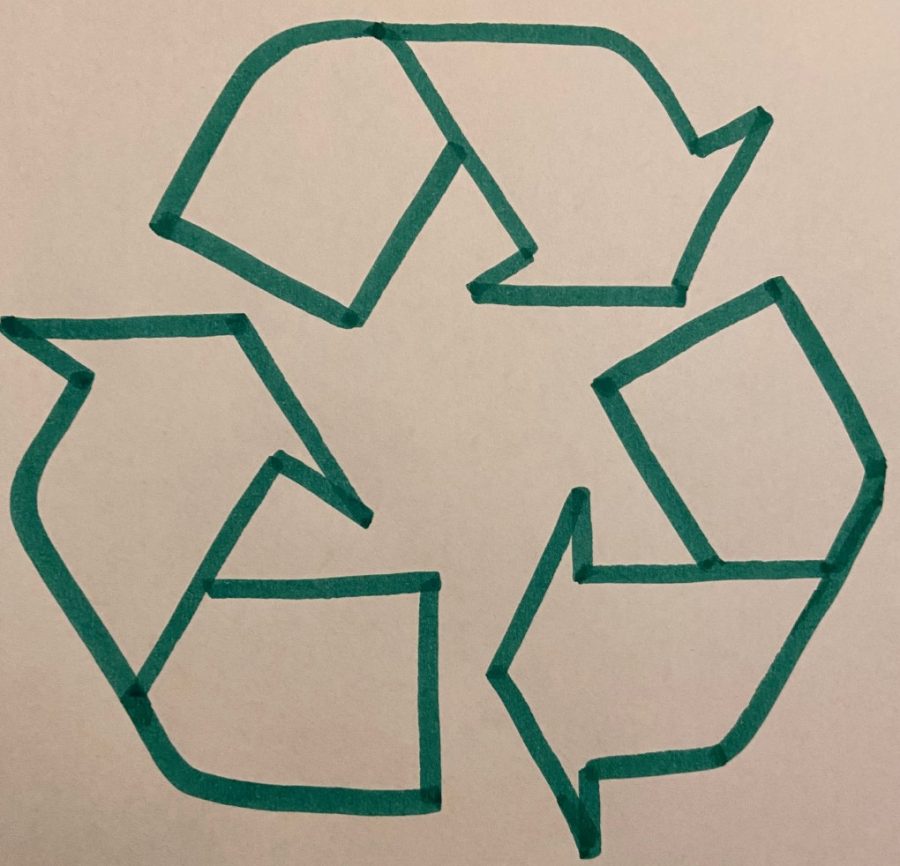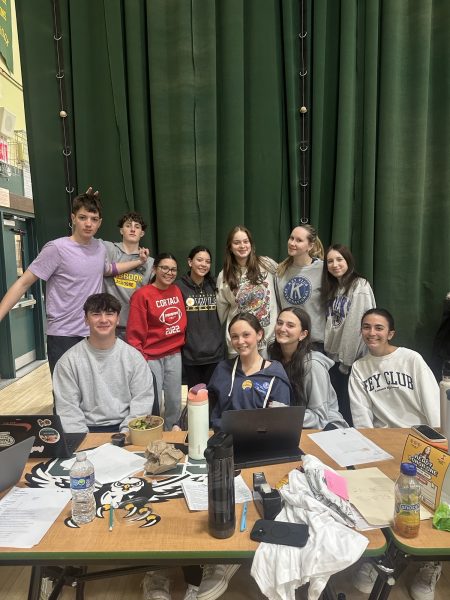New Enzyme Could Change Recycling
Pollution, more specifically plastic pollution, is one of the main problems threatening the environment. Recently, scientists have created a mutant enzyme that could be the key to reducing the amount of plastic released into the environment in the future.
Polyethylene terephthalate (PET) is a popularly used plastic in many everyday items. But PET plastic can be difficult to recycle and harder to repurpose. Current recycling is a lengthy process that is ineffective, as the recycled material can only be reused to make a slim amount of goods that are undesirable to most industries. However, a new enzyme has the potential to break down tough plastic to its chemical components in mere hours. These components would be much easier to repurpose into new products.
This potentially miraculous enzyme was developed by Carbios, a France-based company focused on effective recycling methods and greener technology. Carbios, partnered with the University of Toulouse in France, developed the groundbreaking enzyme after years of work.
Back in 2012, plastic-eating bacterium that had evolved to survive were discovered. It was this discovery that kick-started more research on solutions to the plastic pollution problem. Scientists used it as a jumping off point and have since modified different versions, trying to find the most effective one. Madison Crofts, a junior, said, “More research for solutions to pollution can only be beneficial to the earth.”
Carbios’s method reduces the complex sorting that comes with current recycling and uses enzymes to break down the components of plastic. Through depolymerization (turning a polymer into a monomer), the resulting monomers can be used to create a large variation of products, unlike the limits of today’s recycled plastic. Companies would be more attracted to recycled plastic if it was usable to create a wider range of products.
A very small percentage of plastic is recycled and turned into new products. Junior Faith Koobial commented, “I feel like the [current] system is inconvenient, and there are a lot of rules and maintenance around it.” If the system were simpler, it is likely more Americans would recycle. Junior Greta Kiefer added, “I think some people are unmotivated to recycle because they believe that one person isn’t going to have an impact on the earth. They have a mindset that it does not necessarily matter if they do not do it because other people will.” Hopefully, the introduction of this enzyme will mean that more people will recycle their plastic goods. PET plastics are especially stubborn and difficult to recycle, and what is not recycled, which is the majority, is thrown away. Plastic that is thrown away then has the potential to wind up in the ocean and kill coral reefs.
Carbios has since partnered with Nestle, PepsiCo, and L’Oréal to focus on developing this new recycling technology. Their new process holds promise for the future of our environment, which is currently being ravaged by pollution.
I am a member of the class of 2021 at Lynbrook High School. I am a journalism student.








































